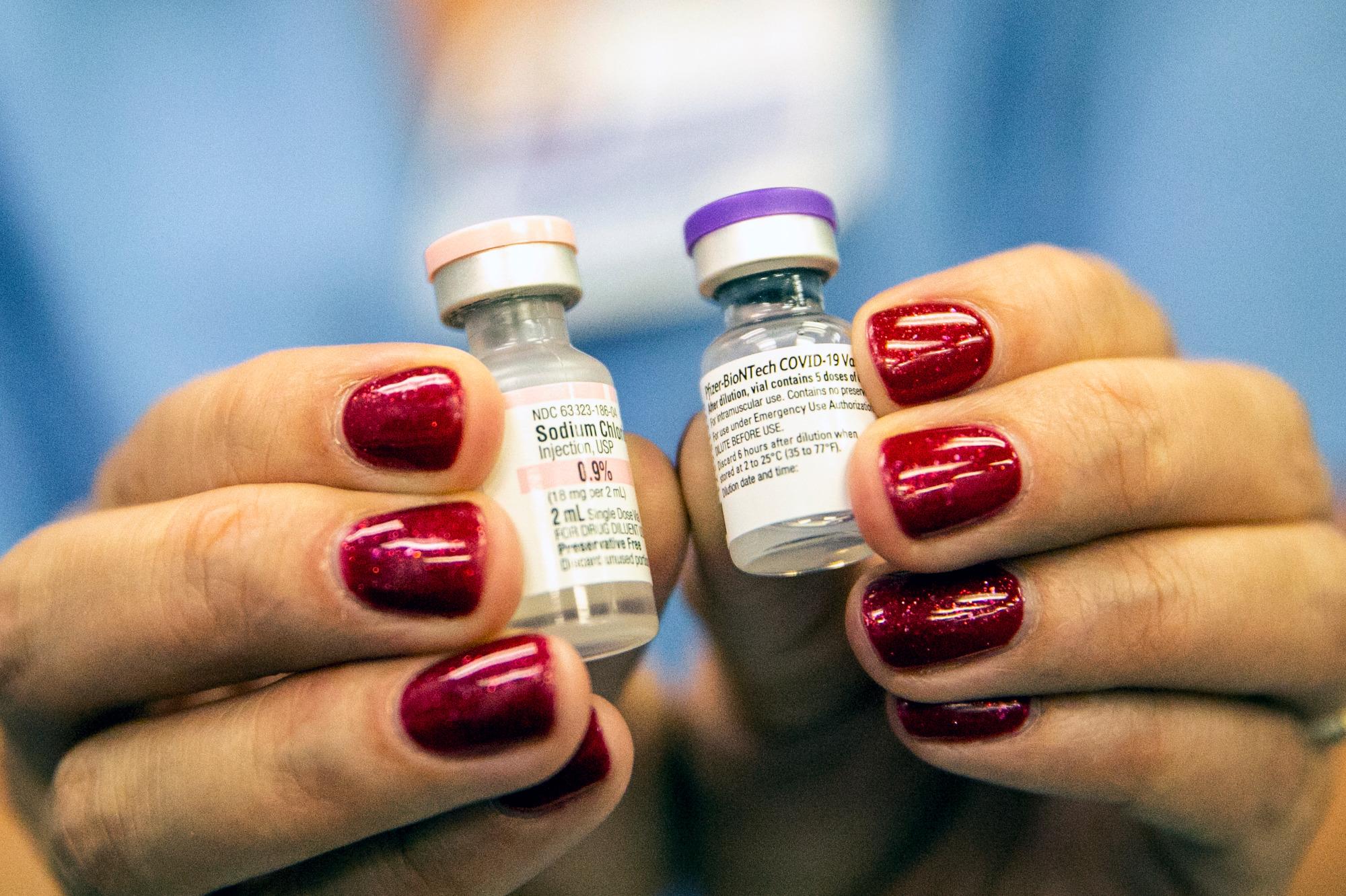
Colorado’s nursing homes and assisted living facilities, the sites most ravaged by the coronavirus, are anticipating the day residents and workers will receive their vaccines.
It can’t come soon enough, given the vast number of outbreaks and deaths at these facilities.
But they may have to wait at least another week, said Brig. Gen. Scott Sherman of the Colorado National Guard, who directs Colorado’s Joint Vaccine Task Force and the Colorado National Guard. He said the process is likely to begin after Christmas.
That still puts nursing home residents just behind frontline health care workers and in front of every other group waiting for vaccinations. That makes sense to Doug Farmer, President and CEO of the Colorado Health Care Association, a trade group for elder care facilities.
“I think because of what we've learned about the virus since March that it has the most devastating impact for the elderly and for people that have underlying health conditions,” Farmer said.
While vaccinations for frontline health workers — which started earlier this week — were largely conducted at hospitals, technicians will visit long-term care facilities to administer the vaccines.
Large-chain pharmacies CVS and Walgreens, through a partnership with the Trump administration, will send technicians to those facilities to give the vaccines.
The Holly Heights nursing home in Denver is awaiting a call from its provider, Walgreens, to find out when staff and residents might get their shots.
“We don't know exactly how much notice we will receive,” said Holly Heights executive director Janet Snipes. “That's why we're preparing now.”
Preparation means collecting signed consent forms from every resident and worker at the facility and, for those who can’t do it themselves, reaching out to family members to get consent.
It also requires administrators to devise a plan to ensure that each resident is inoculated twice, several weeks apart.
“We’ll have a schedule for each of the residents,” Snipes said. “Then we’ll have a list of bedbound residents who we will need the Walgreens staff to go to their rooms [to] administer the vaccines.”
- Disability Advocates Still Have Questions About Colorado’s COVID-19 Vaccine Plan
- Trustworthiness Might Be More Important Than Trust When Messaging About COVID-19 Vaccines To Communities Of Color
- This ER Nurse And Colorado Representative Is The First State Lawmaker To Get The Coronavirus Vaccine
- What’s It Like To Be In A COVID-19 Vaccine Trial? This Colorado Couple Shares Their Experience
Snipes said the majority of residents will go — one at a time — to a room with good airflow and will remain masked during the process.
She doesn’t expect her residents to be vaccinated until Dec. 28 at the earliest or even after the New Year.
In Greeley, north of Denver, Fairacres Manor, which has dealt with several outbreaks of the coronavirus since March, including one currently, residents, staff members and their families want to return to their previous lives, said assistant administrator Ben Gonzales.
“We are eager to be able to go back to more group activities and be more involved in other people’s daily lives,” Gonzales said. “Things like communal dining [will] bring positivity back to these facilities.
Not everyone at long-term care facilities is eager to get the vaccine. Some staff and residents have expressed concerns about negative side-effects that could result. Researchers say the vaccine can cause soreness at the injection site, headaches, fatigue, a fever and in some cases, an allergic reaction, typically for those who already have severe allergies.
Snipes at the Holly Heights nursing facility recalls a conversation with one nurse who asked if the vaccine was mandatory. Snipes said it wasn’t, but it was highly recommended. The woman said she planned to decline, but after going home and talking to family, changed her mind.
“We're going to have her talk at our staff meeting about why she chose to do that,” Snipes said. “A leader can talk to staff all day, but if a [staff member] they highly respect talks about it, I think it makes a big difference.”








